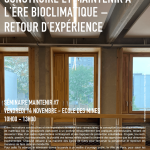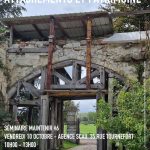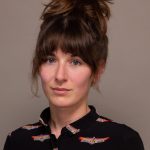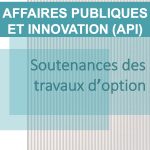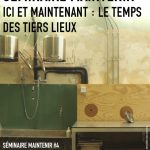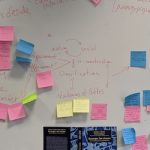
November 14, 2025. The workshop aims to provide a welcoming space for young researchers of all disciplinary backgrounds who are interested in the study of science and technology in France. The workshop offers a forum for discussion based on group readings, fundamental concept discussions, and STS writing practices.
Atelier #3: This session, organized in the form of an “Arpentage / Exploration”, will be devoted to “Politiques de la nature. Comment faire entrer les sciences en démocratie”, Bruno Latour, La Découverte, 1999.


